“Why do you want to spend Rs.40K on something that can just clean plates and glasses?”, asked my mother when I told her that I am getting a dishwasher. Well, I can’t blame her. If you look at the product images put by the manufacturers on most e-commerce portals, you find the dishwashers loaded with plates, bowls and cutleries, but hardly any Indian utensils.
Even now when dishwashers are more popular than they ever were, there are a lot of misconceptions and doubts about the effectiveness and practicality of dishwashers. To allay your doubts, we bring to you the main aspects that you would want to know before buying a dishwasher.
What To Know Before Buying A Dishwasher?
They Can Clean A Variety of Utensils, But Not All
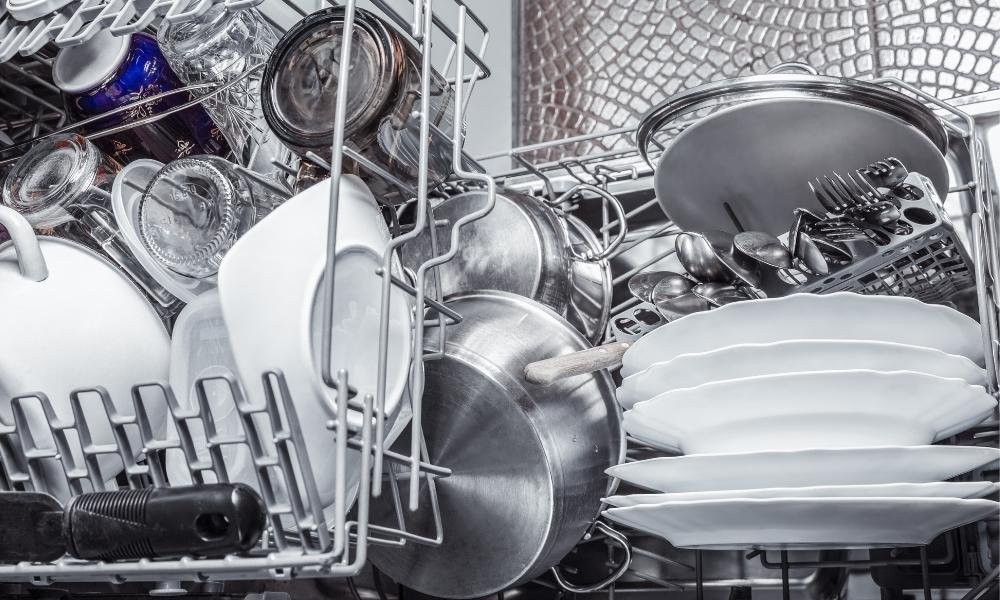
Dishwashers are versatile, but it has a few limitations too. It can clean glassware, ceramic and stainless steel utensils with ease. And yes, that includes all the Kadhais, pressure cookers and such typical Indian utensils. You can also clean Tupperware and plastic cutting boards that are dishwasher safe.
The things you can’t put in the dishwasher include aluminum, anodized aluminum, cast iron, bronze, brass, copper and clay pots. Though many manufacturers claim their nonstick cookware to be dishwasher safe, in the long run, it damages the nonstick coating and affects its durability. Similarly, wooden and bamboo cutting boards too aren’t dishwasher safe because they could split in the middle due to the heat.
Related reading: Ultimate List of Dishwasher Safe Materials
Your TDS Levels Shouldn’t Be Too High
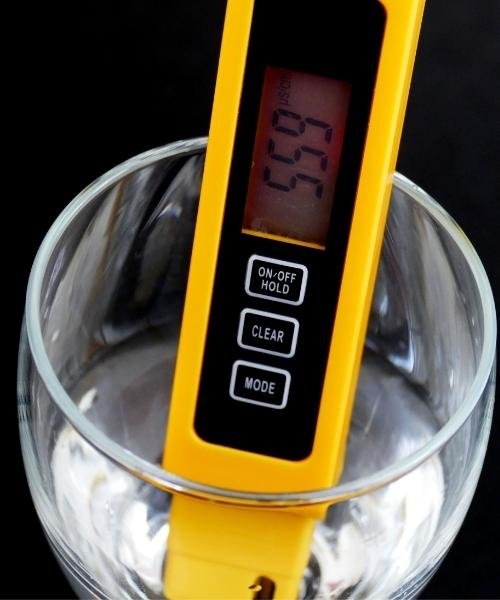
We have all learnt in school that soap doesn’t lather in hard water. For the same reason, your dishwasher doesn’t work optimally when the TDS ( total dissolved solids) in your water supply is higher than 500 ppm. When the TDS level is higher than that, cleaning will not be optimal and you will find white residues on the dishes. In such a situation, you may have to install an external water softener device.
Running Costs
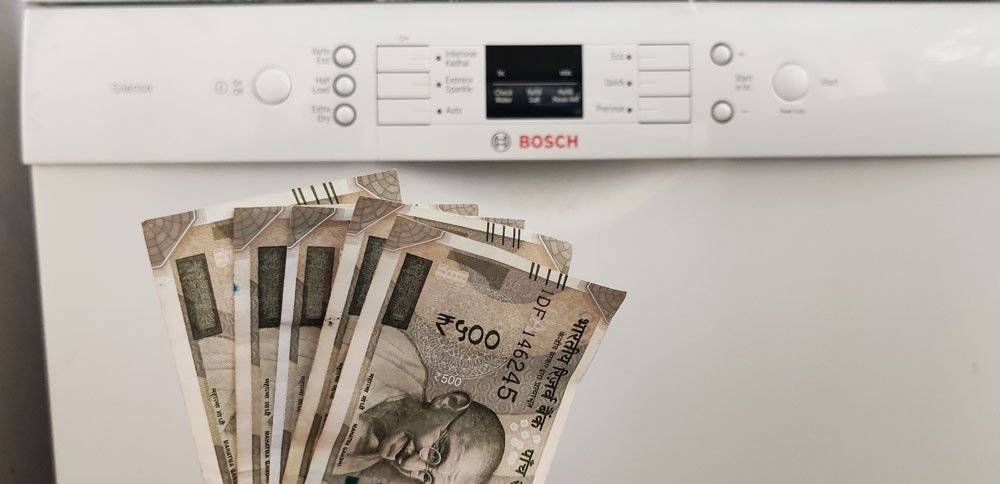
“Is a dishwasher cheaper than having a maid?” This is a question often asked by many people. And the answer is- it depends on the water quality.
The consumables you need to run the dishwasher are- detergent, salt- to reduce the water hardness and rinse aid- to get rid of water spots. If your water quality is good, you end up using little to no salt and rinse aid. But, on the other hand, if you have water with a high TDS level, then you will use a very high quantity of both.
At my home, where TDS levels come in the range of 600-800, we use up to 2 Kg salt and 400 ml rinse aid in about 1.5 months. But at my friend’s place where TDS levels are about 150, the same quantity of salt and rinse aid lasts for about 3 months.
And of course, it depends on the frequency of use too. If you end up using the dishwasher 2-3 times a day, then, of course, you exhaust the consumables quicker, resulting in higher costs!
Related reading: Bosch Dishwasher Review
Dishwashers Need Regular Cleaning
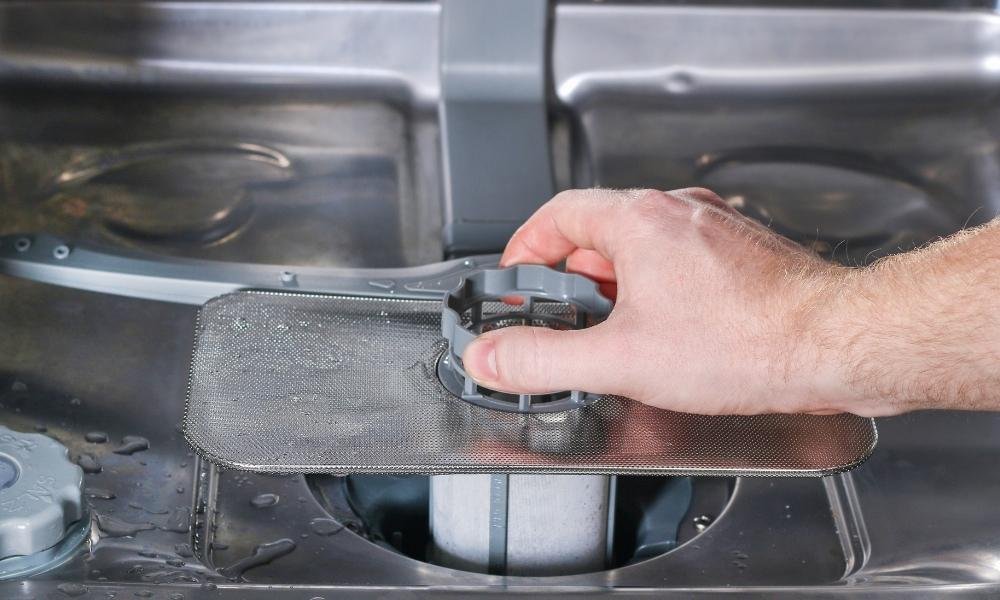
Just like any other appliance you use for cleaning, dishwashers too need regular cleaning and maintenance. For optimal performance, you have to clean the filter every fortnight. Else, you end up with gritty dishes with food particles deposited on them.
Related reading: How To Clean A Dishwasher?
Mixer Grinders Aren’t Really Dishwasher Friendly
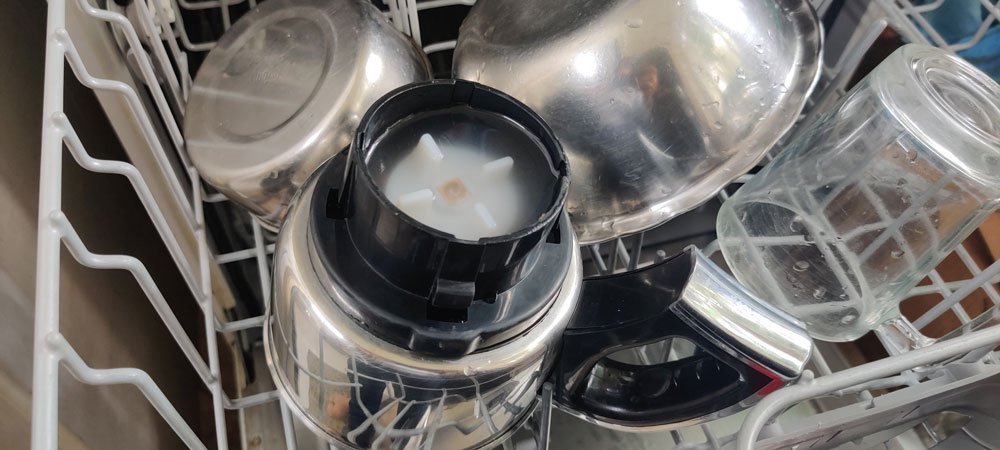
Though many manufacturers claim their mixer grinder jars are dishwasher friendly, it is far from true. As you know, dishes are kept upside down in the dishwasher as the water sprays from the arms at the bottom.
When you keep the mixer grinder jars in the dishwasher, the dirty water gets accumulated in the jar lock. You will have to discard it and rinse the jar lock once again before use. And over a period of time, this could result in salt deposits and ruin the jar’s coupler.
Consumables Are Not All Equal
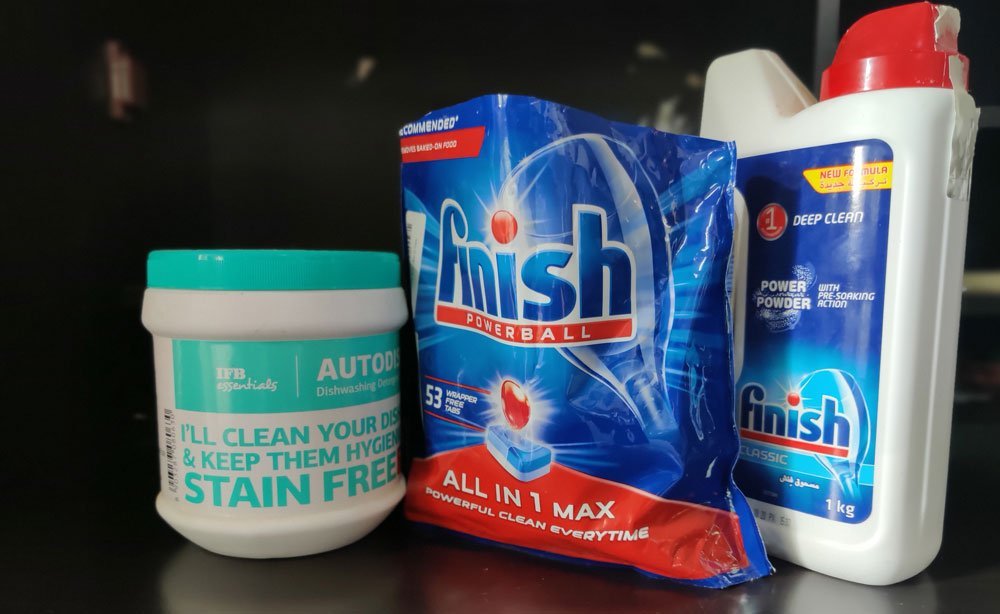
Before you decide on which detergent brand to use, experiment with a few varieties to see what works best for you. From my experience, I find Finnish detergent, salt, and rinse aid to be the best and IFB to be the worst. But, that is not the case with everyone. Many people find otherwise, as the effectiveness of the detergent depends on water quality, the type of utensils, and stains.
Energy Consumption
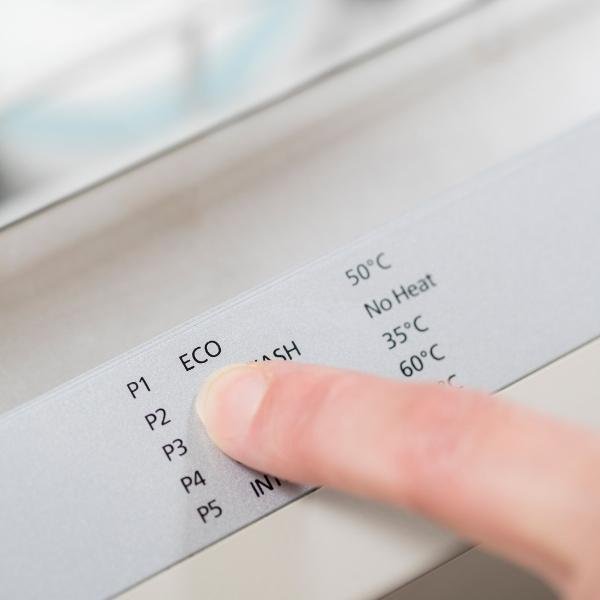
Dishwashers run at a temperature ranging from 45-75 °C. Further, hot air is blasted to dry the utensils too. This obviously results in huge energy consumption. Depending on the wash program, it may use 1 to 1.8 units of electricity per wash program. If you use it twice every day, you will consume 60 to 108 units of electricity per month.
Power tariff ranges from Rs. 2.75 to 9.85 per unit depending on the state you live in. Considering the median cost of Rs. 6, you will have to shell out anywhere from Rs. 360 to 648 per month if you use the dishwasher twice a day and Rs. 180-324 if you use it just once a day,
Your Delicate Cookware and Dishes May Get Scratched
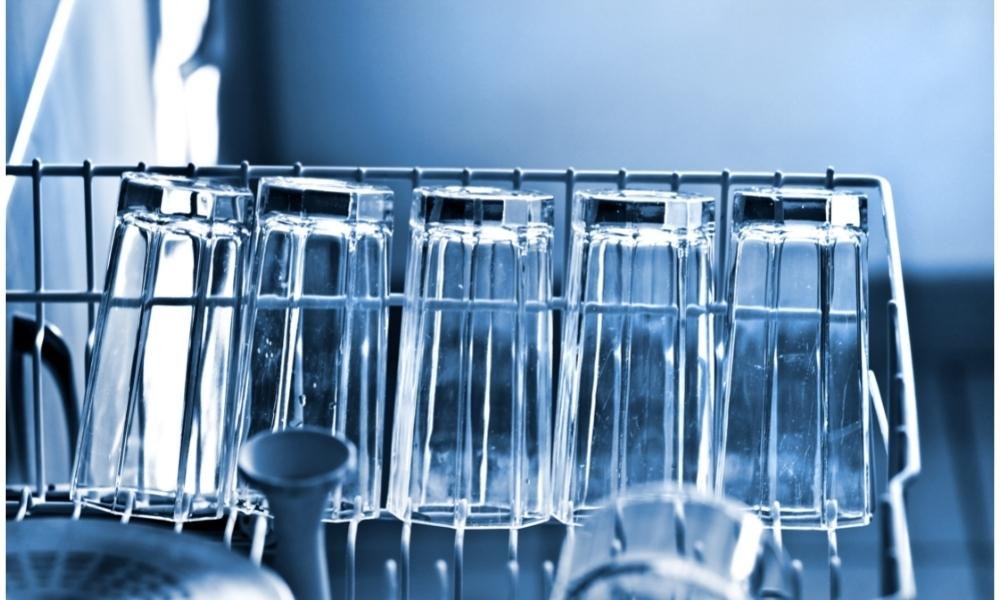
Dishwashers use strong detergents and hot water for cleaning dishes. This may sometimes result in scratches on your delicate chinaware and glasses. This usually happens because an inadequate quantity of detergent is used.
You Can Clean More Than Your Dishes
If you thought your dishwasher is just for your utensils, then you are grossly underutilizing its functionality. A dishwasher can clean the chimney filters, kitchen sponge, mitts, refrigerator shelves and bins, vases, light fixtures, organizers, toys, pet food bowl, garden tools and so on a large number of things.
Anyone who has used a dishwasher will say that it is an incredible timesaver. Moreover, it is quite hygienic too as you can never handwash dishes in 60-70 degrees hot water. Though you have to dish out a large sum upfront, given the convenience, it is totally worth it.

People who are buying dishwashers first time for them it is very useful information shared thanks a lot.
Once again i want to say awsome information.